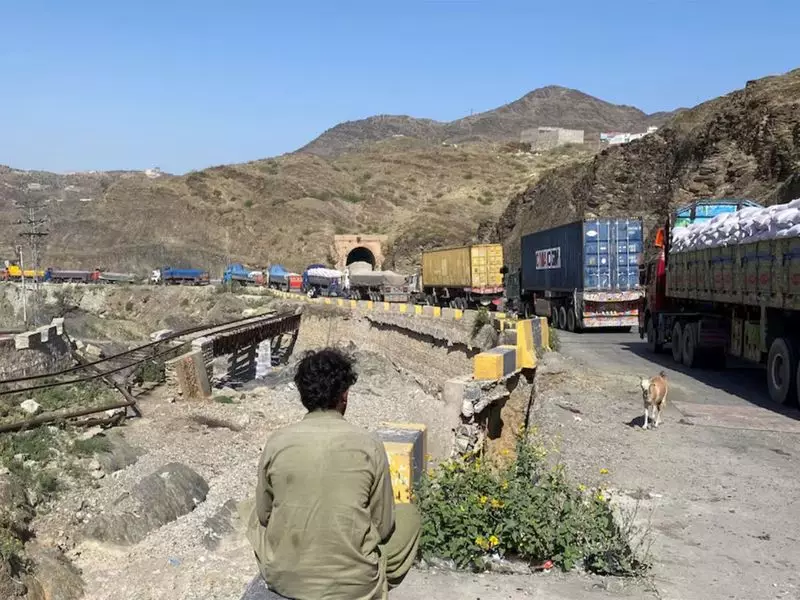
The Human Rights Commission of Pakistan (HRCP) has issued a damning report exposing how Pakistan's border management policies have created what they term as a "humanitarian disaster of its own making." The comprehensive assessment reveals the devastating impact on civilian populations living near border areas.
The Human Cost of Border Policies
According to the HRCP findings, thousands of families residing in border regions have been caught in the crossfire of stringent border control measures. The report highlights how these policies have severely disrupted daily life, economic activities, and access to essential services for communities that have historically lived across these artificial boundaries.
Key Findings from the Report
- Mass displacement of civilian populations from border areas
- Economic collapse in communities dependent on cross-border trade
- Restricted access to healthcare, education, and basic amenities
- Family separations due to stringent visa and movement restrictions
- Human rights violations affecting the most vulnerable populations
Impact on Regional Stability
The HRCP report emphasizes that these border management strategies are not only creating immediate humanitarian concerns but also potentially undermining long-term regional stability. The commission warns that the current approach risks alienating border communities and could fuel resentment among populations that have historically maintained cross-border cultural and economic ties.
Call for Policy Reform
In their assessment, HRCP has urgently called for a complete overhaul of Pakistan's border management framework. The commission recommends adopting a more humane approach that balances security concerns with the fundamental rights and welfare of civilian populations. They stress the need for policies that recognize the unique circumstances of border communities and their historical connections across national boundaries.
The report concludes by urging the Pakistani government to engage in meaningful dialogue with affected communities and regional stakeholders to develop a more sustainable and rights-based border management strategy.






